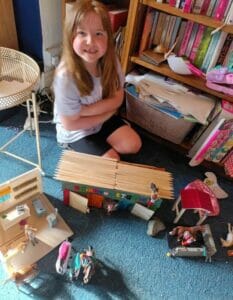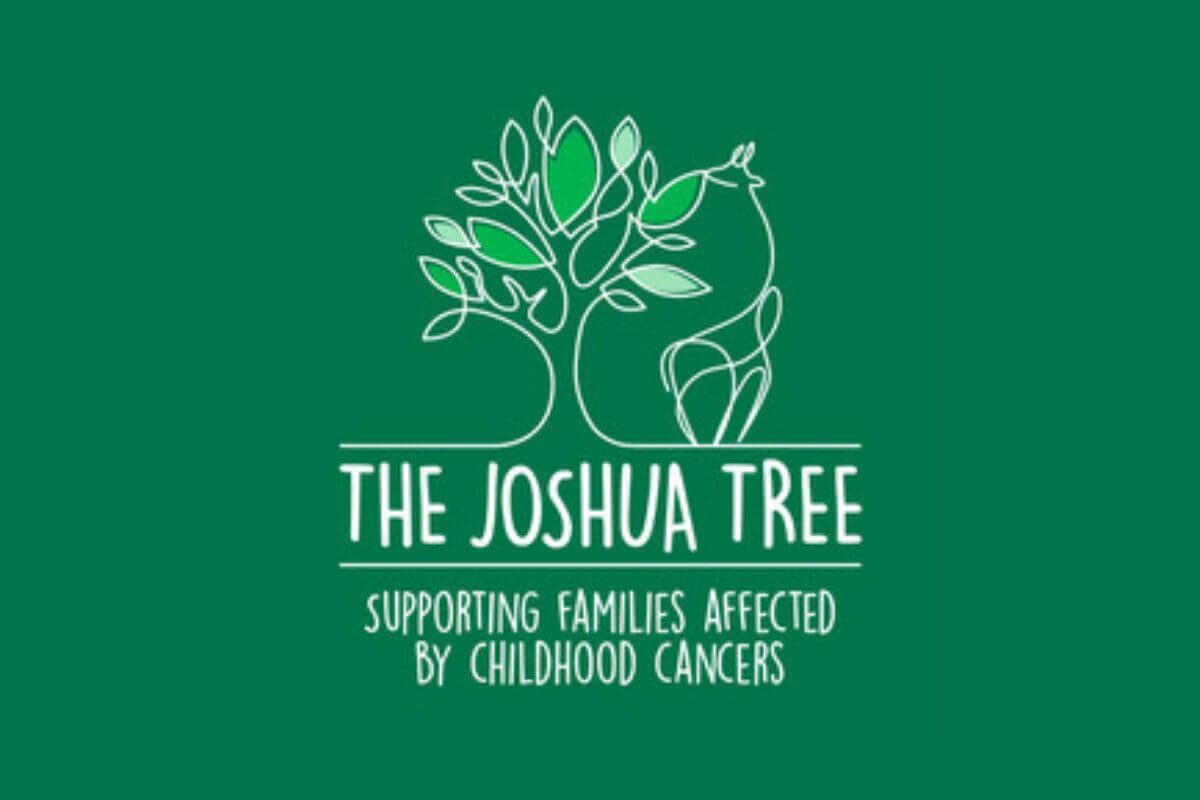The Joshua Tree is a fantastic charity that The Neumark Foundation has been supporting for nearly 2 years. The Joshua Tree provides support to children and families affected by childhood Cancer, one of the hardest and most heart-breaking situations faced by parents. The charity has an incredible whole-family and individualised approach to support, providing interventions including counselling, memory-making, sibling support, personal fitness and nutrition support, art therapy, and educational support, to name just a few.
A key factor for The Joshua Tree, when they provide support, is the importance of the children, parents and families feeling comfortable. The Joshua Tree support provision covers Cheshire, with their Head Office near Northwich, and right across North Wales, which is the provision supported by The Neumark Foundation. The language used in support provision is really important, particularly when the children and families being supported are going through, or have been through, significant trauma and/or grief. The language of Welsh is really important to many families in Wales, as both a first and second language, and therefore being able to provide support using the Welsh language is really important, and is taken very seriously by The Joshua Tree.


Danielle Percival, Head of Family Support at The Joshua Tree said “Language is key in our work, in health and wellbeing, because we are responding to the individual needs of our families, and it always starts with communication.
“Language is key in our work, in health and wellbeing, because we are responding to the individual needs of our families, and it always starts with communication.”
Danielle Percival – Head of Family Support at The Joshua Tree
When discussing sensitive issues that are highly emotionally charged, it is vital that we can offer our support through the language people are most comfortable in using. It can be difficult enough to open up about feelings or thoughts, without the added stress or pressures of having to translate them into a second language. I’ve been in that position myself and it’s not easy, and it’s doesn’t feel natural.
It might also be the case that families will be reluctant to come forward for help if the support offered is not through their first language.


Being heard and understood in your native tongue hopefully makes a significant difference to our family’s overall experience with us as a service, and as workers. Individuals have the opportunity to express themselves fully and be their true self without it getting lost in translation.
Mae wedi bod yn rhan bwysig iawn o’r cefnogaeth gan fod ein plant wedi medru cyfathrebu yn eu iaith cyntaf, wedi deall y cefnogaeth/gwasanaeth sydd ar gael, a wedi teimlo yn gyfforddus sgwrsio yn eu iaith cyntaf. (It has been a very important part of the support as our children have been able to communicate in their first language, have understood the support/service available, and have felt comfortable chatting in their first language).”
“It can be a considerable challenge and cost, from a resource perspective, for charitable organisations, who come from outside of Wales, to provide support to those living in Wales, in the Welsh language. However, we know that for a significant number of families across North Wales, their first language is Welsh, and support through any challenge or disadvantage should be fully inclusive, therefore the option for Welsh language support provision must always be a priority, as it is for local authorities, to enable accessibility to everyone. Thank you to the Joshua Tree for the incredible and inclusive support they provide, we are very proud to support them.”
Rebecca Neumark – CEO at The Neumark Foundation

